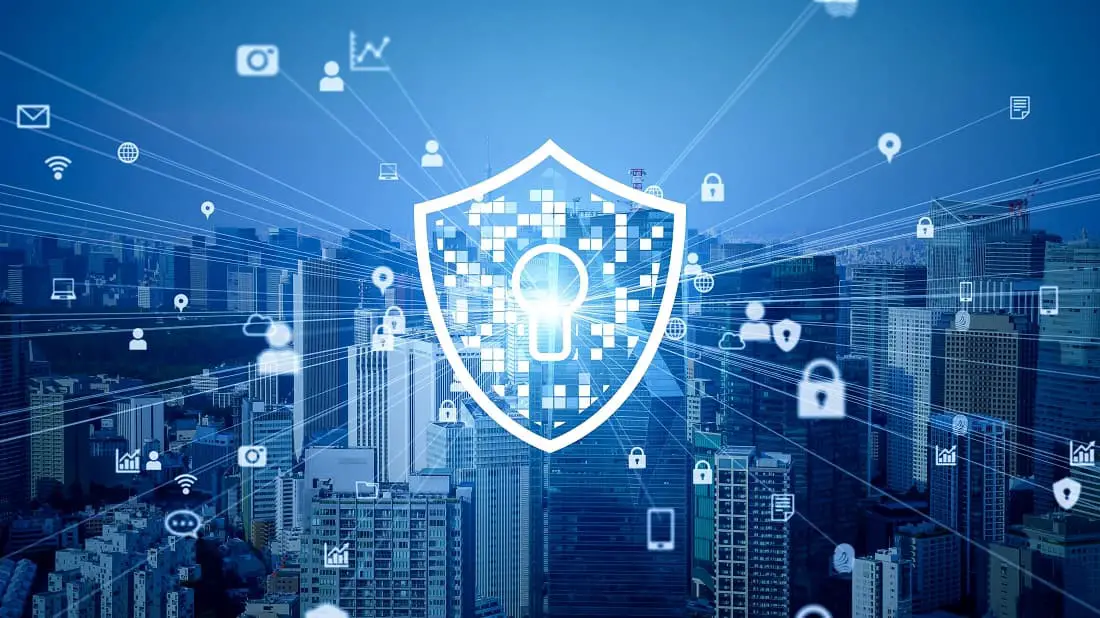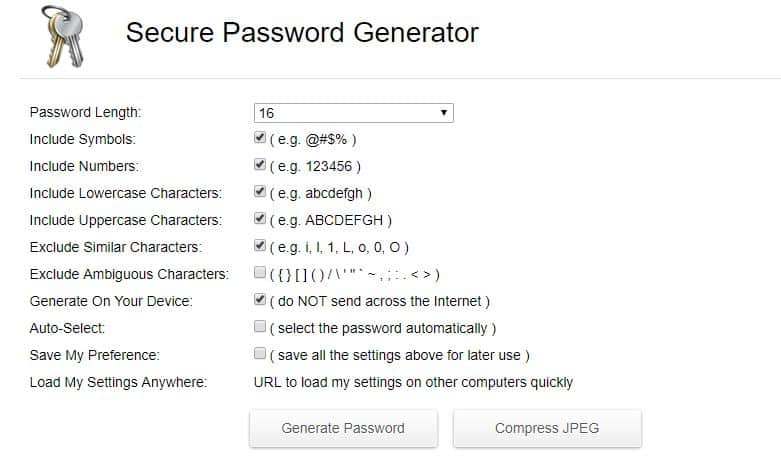All businesses, whether big multinational corporations or small independent stores, can be at risk of data breaches, hacks, and viruses. While larger companies are more likely to have a comprehensive cybersecurity system in place, they are hardly impenetrable. However, smaller businesses with less budget or expert knowledge of how to protect themselves can be left extremely vulnerable to these types of attacks.
If you are just getting started, you’re probably using a free website maker for small business to set up your site. This is what most small businesses do to keep their costs down. And indeed, there are many excellent ready-to-use website templates on offer. However, making sure that all the necessary cybersecurity measures are taken will help you lower the risk of potentially catastrophic attacks.
Cybersecurity tips for businesses
So what should businesses be considering to protect themselves? Here are some useful tips!
Create strong passwords
Nowadays, most systems let you know if your passwords are weak or easily guessable. However, it’s still wise for small businesses to naturally come up with smart, long, and complex passwords that use diverse types of characters to keep hackers away.
Create your password using 8 characters or more. It can be any combination of letters, numbers, and symbols (ASCII-standard characters only). And you can create a strong password using Secure Password Generator.
Create locks on your mobile devices
Business mobile phones and laptops, as well as any other portable devices, should all be set up with passcodes. Thus, if they are accidentally lost or stolen, a troublemaker won’t be able to access critical business information and documents easily. Encrypting sensitive data is also a smart move. It ensures that there is a level of protection should this information fall into unscrupulous hands. Built-in tracking (which comes as standard with Android and iOS) can remotely lock or even wipe devices that have been stolen or misplaced to ensure peace of mind should the worst happen.
Always update the software when required
Making sure that all operating systems are the latest versions will keep threats to a minimum. The same goes for updating applications, plugins, firmware, and anti-malware, which will help you detect any malicious software that has entered your systems. Many devices will prompt users when an update is due. But it’s always best to manually check for updates to ensure your business stays on top of this too.
Only download what’s necessary
If you run a small team, it’s a good idea to brief all staff on the dangers of downloading and installing software and plugins to devices, particularly if the source is undefined. It’s all too easy to be duped into thinking that a piece of software is from a reliable source. But unless you are completely sure of this, it is worth stepping back and reconsidering. While some free downloads are harmless, many come with hazardous programs that can potentially damage your systems or even spy on your activities. Having a firm security policy in place will ensure that all employees are only permitted to install software approved by the system administrator. This will lower your risk of becoming a victim of security breaches and damaging hacker attacks.
Protect yourself from ransomware
Ransomware is a virus that encrypts your files, refusing to release them and essentially “holding them hostage” until you pay the ransom. Small businesses can protect themselves against such attacks by making sure that any critical documents are duplicated and stored on two different storage devices. This means you’ll have to manually back each of them up every time any changes are made. But this is better than being denied access to the documents that are critical to your continued business success.
Be smart about your emails
Emails from unknown sources, especially if they come with attachments or hyperlinks should be treated with caution. While most email clients have security tools in place to automatically move suspicious items to your junk folder, they can hardly prevent all possible threats. If you open a harmful attachment or follow a dangerous link, you may unwittingly download malicious scripts to your device. Similarly, when sending emails, it’s better to share documents rather than attach them – as the latter means you lose control.
Invest in a VPN
A virtual private network (VPN) enables employees to access company files, printers, and applications securely, especially if they are working remotely. This is achieved via an encrypted connection which will keep hackers at bay even when using public WiFi.
Small businesses should use the above as a guide to setting up and maintaining a robust cybersecurity system to ensure the continued protection of essential data. Following these tips will lower the risk of being subject to a potentially damaging attack, which might cost your business big
Also read:

